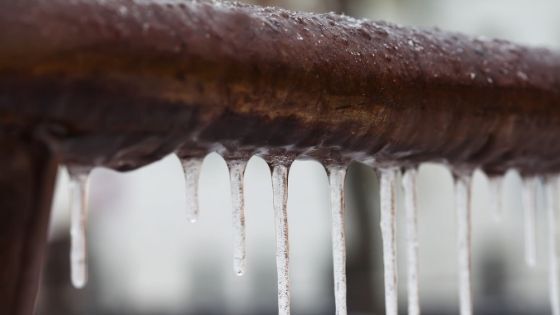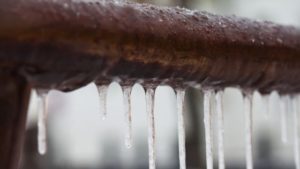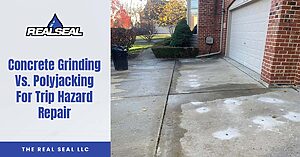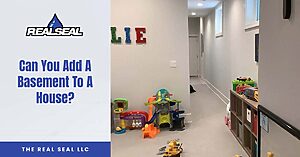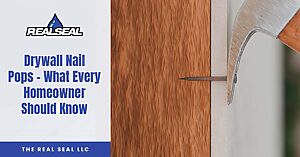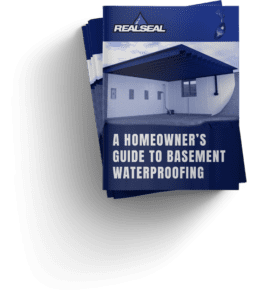With winter just right around the corner, it’s important to understand the damage that can occur if you don’t properly prepare for the weather—especially in the Midwest. Don’t let the brutal winter weather damage your home. Instead, do your research and properly prepare for the cold. To begin educating yourself on the harm that can occur, continue reading below about how freezing pipes can damage your foundation. If you don’t follow the proper precautions, the weather will take a toll on your home and leave you with many issues and problems. Start preparing today, or start looking for a foundation repair in Chicago tomorrow!
Freezing Temperatures Cause Leaks
Your foundation is made to withstand normal freezing temperatures. However, those freezing temperatures can cause your pipes to leak or, worse, even burst. If these freezing temperatures result in your pipes bursting, that will ultimately cause more issues, such as endangering the structural integrity of your house. This damage could be permanent.
What Plumbing Is at Risk of Freezing?
Think about it like this: any pipes that are exposed to the elements have a higher chance of leaking or bursting because they’re directly exposed to the cold and freezing temperatures. Examples of these pipes include those in unprotected crawl spaces or that connect to any outdoor faucets that were not turned off.
Learn more about – Why The Basement May Flood in the Winter?
How To Prevent Freezing Pipes
Here are a few tips to prevent foundation damage caused by freezing pipes.
- Keep your garage doors closed during the winter if you have water supply lines in your garage.
- Place a space heater inside your crawl space.
- Open your kitchen and bathroom cabinets to allow warmer air to circulate around your plumbing.
- Let cold water drip from your faucets if their pipes run inside your crawl space. Even a small drop can prevent them from freezing.
- Keep your thermostat set to the same temperature during the day and night. You might have a higher heating bill, but you’ll prevent a frozen pipe burst which is more expensive to repair.
- If you leave your home during the winter, set your thermostat to no lower than 55 degrees.
- Encapsulate your crawl space to stabilize temperatures under your home where exposed pipes run.
- Insulate your basement, attic, or crawl space to retain stable temperatures.
